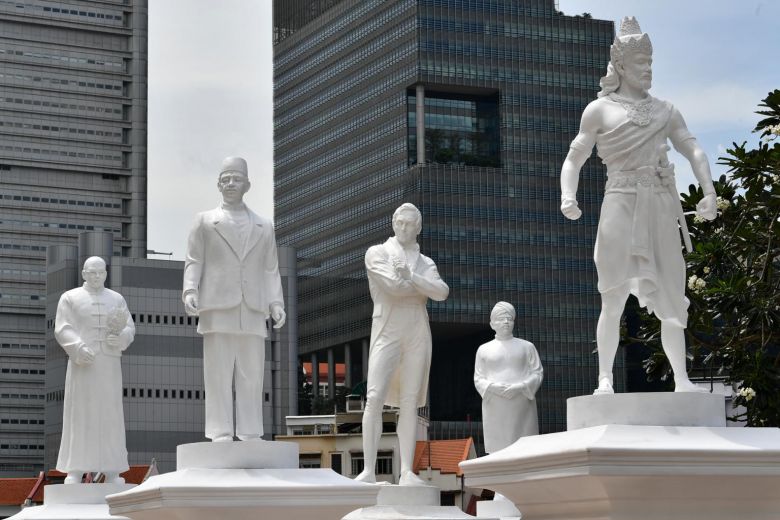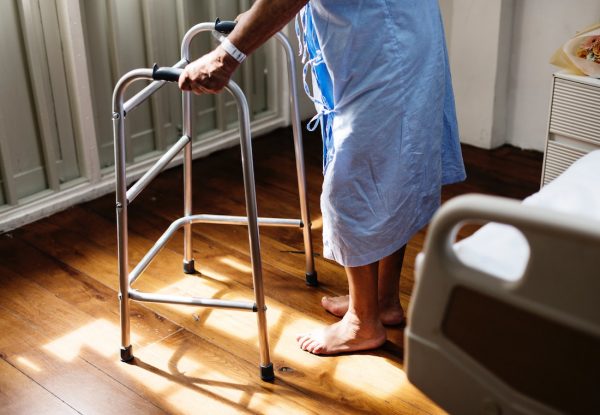
This post was originally published as a press release on 19 February 2019.
AWARE welcomes some key moves announced by Finance Minister Heng Swee Keat’s Budget 2019 speech, towards expanding health care financing and acknowledging the burden of caregiving. However, we are surprised and disappointed that the government did not take this opportunity to formulate a more expansive and bold strategy to address urgent problems of ageing and caregiving.
“Although the government announced a slew of new measures to support ageing-related care needs of Singaporeans, such as the Long-Term Care Support Fund, benefits were restricted to one generation, and were mostly one-off. We would have liked to see a more comprehensive package for individuals entering their silver years,” said Shailey Hingorani, AWARE’s Head of Advocacy and Research.
Many Singaporeans are increasingly concerned about rising healthcare costs, and understandably so, because 1 in 2 of them over the age of 65 could become severely disabled during their lifetimes. We are pleased that the government has targeted the care needs of lower-income individuals with the expansion of Community Health Assist Scheme to provide healthcare support for common ailments. However, in continuing to extend benefits on a generational basis – this year through the Merdeka Generation Package – the government missed a real opportunity to assure all Singaporeans of a secure future when they are elderly.
“We were expecting more because we only have a few years to get our long-term care services and support systems right. We hoped for a much more ambitious vision of universal long-term affordable care to assure all Singaporeans, not just a single generation, that they will be well cared for, whatever their economic status. For example, we would have liked to see the Pioneer Generation Package extended to all persons upon reaching age 65, and CareShield premiums made gender-neutral,” said Ms Hingorani.
AWARE’s ninth annual Budget recommendations, submitted on 11 January, proposed direct financial support (through a matched savings scheme) for caregivers, who tend to mostly be women. We are pleased to hear that the government will top up CPF by up to $1,000 for about 300,000 eligible Singaporeans aged 50-64 – especially because, as the Minister explained, the majority of these recipients will be women who left the workforce early to provide care for their families.
“Family caregiving and ageing affect women disproportionately,” said Ms Hingorani. “We hope that this will not be a one-time measure and the government will consider other initiatives such as a matched savings scheme for women aged 30 – 55 years who have not yet achieved the Basic Retirement Sum. After all, there will always be those who need care, and those who have to give it.”
This can be funded by the imposition of more progressive forms of taxation. Singapore’s top marginal tax rate of personal income tax could be increased, which is currently quite low (22%) compared to OECD countries (average rate 33.5%). The government could also consider introducing a wealth tax (e.g. estate duty, capital gains tax) that taxes assets of $2.5 million and above, excluding the first million.
“From our perspective, universal healthcare is an investment in our population,” said Ms Hingorani, “and the best way to carry it out is via redistributive taxation, which narrows the gap between rich and poor.”
For AWARE’s full 11 January 2019 Budget recommendations, read our “4G Budget: A Budget for All Generations”.




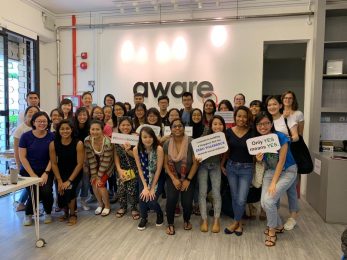

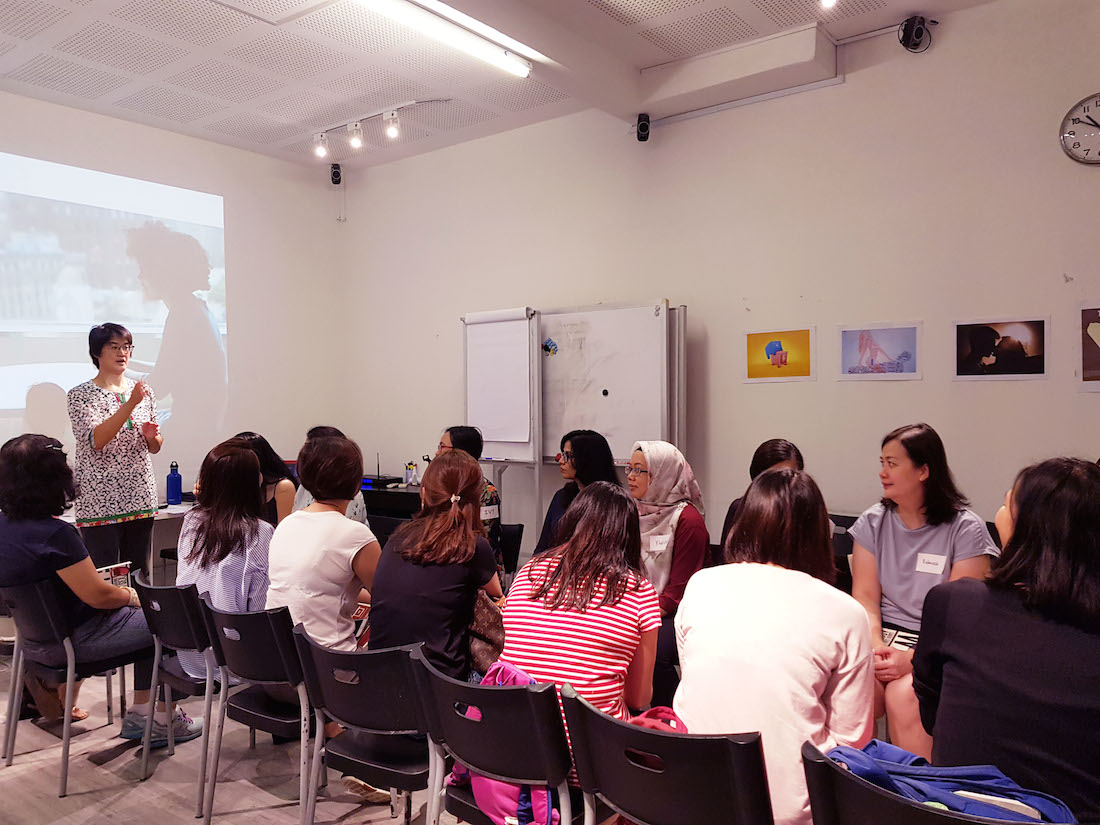 Written by Rachel Lee, AWARE intern
Written by Rachel Lee, AWARE intern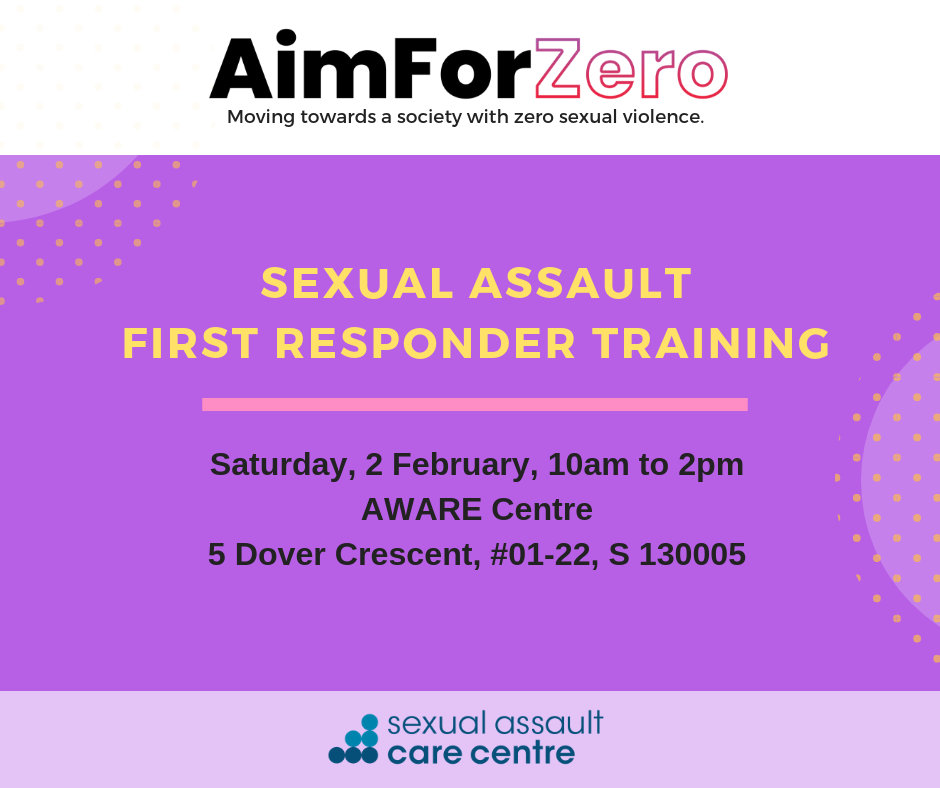 “Why didn’t you say no? Why didn’t you fight back? But what were you wearing?”
“Why didn’t you say no? Why didn’t you fight back? But what were you wearing?”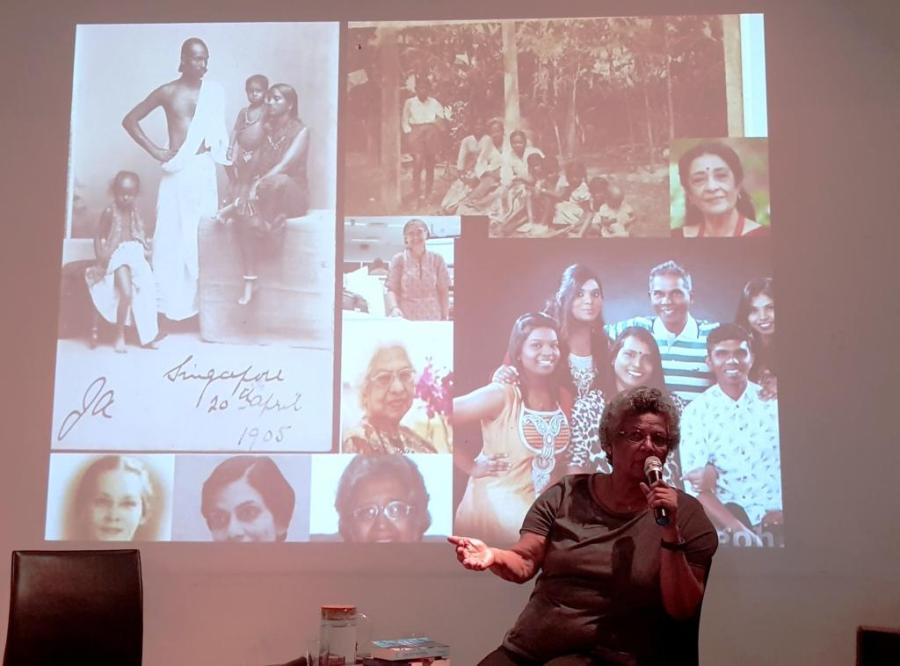 Written by Nanthini d/o T Sambanthan, AWARE intern
Written by Nanthini d/o T Sambanthan, AWARE intern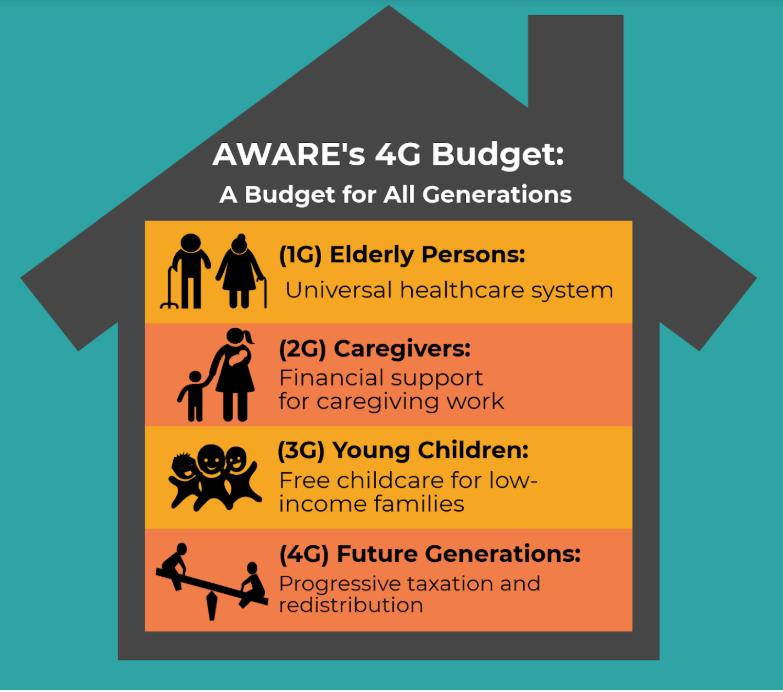 Gender equality group AWARE submitted its
Gender equality group AWARE submitted its 